Assist for Tankless Water Heater.
I’ve had a Rinnai
mod 2520&
#160; Gas Fired domestic hot water heater for years. It continues to provide endless hot water for the two of us. It’s mounted in the basement directly under the main bath, and adjoining the laundry room. No problem there getting quick hot water.
The problem is that it is a +- 40′ run from the WH to the kitchen sink, and it takes a annoyingly long time to get hot water at the kitchen tap, necessitating a lot of water wastage..
Would a solution be to install a auxiliary 5 gal electric hot water heater in line near the kitchen from the Rinnai to eliminate the wait for hot water?
Ny concern is that any conservation of water would be offset by increased energy costs to run the electric water heater.
Erwin,
Thornbury, ON
“The obvious is devious”
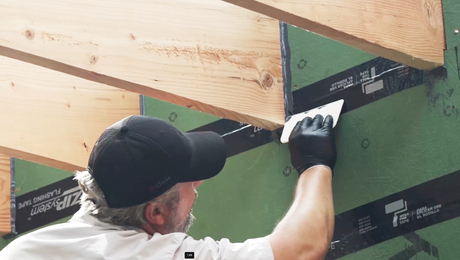


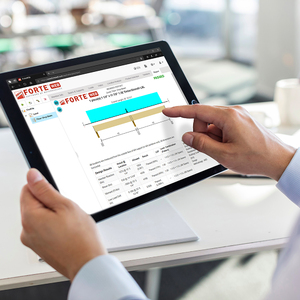
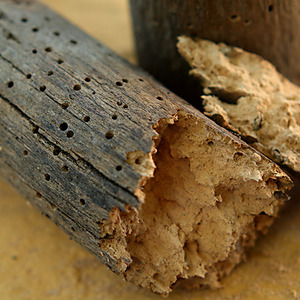
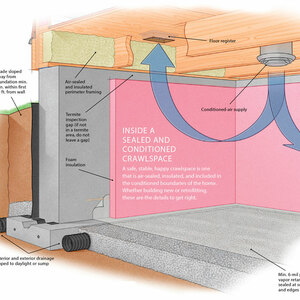










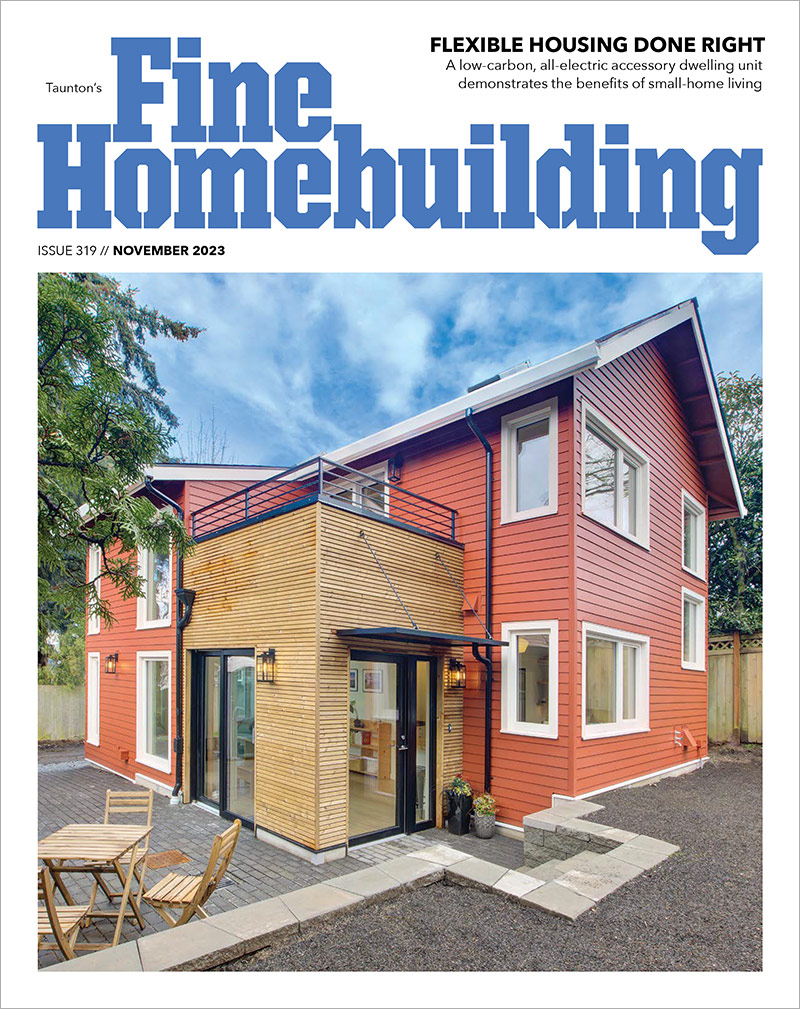

Replies
I have a similar issue and have a 4 gal electric heater under the sink. I should plug a "kill a watt" into it and see what it costs to run it.
I use a takagi tk2 tankless and it takes 3 seconds to fire up after it senses water flow.
Without the under sink heater I get so fed up waiting for the water to reach the sink and having the tankless heater shut off at low flow rates.
Before redoing the kitchen I had run a 1/4" copper tube from the water heater to the kitchen sink to get the hot water to the sink quicker, ie less cold water to move out of the pipe before the hot water got there. I have excessively high water pressure (90 psi) so I always got adequate flow at the sink even with the small tube. I think I ran 20 feet of tubing.
I think the time delay at start up and low flow shutdown are the only reasons I wouldn't use a tankless for future applications.
Karl
What you describe is frequently done, though more often for a bathroom in a far corner of the house. How much it costs mainly depends on the quality of the insulation in the water heater, since that determines standby losses.
That is a fine solution. since the tank will often be getting re-filled with hot water from the demand heater it will not get too much usage and the reduced waste in water and fuel to heat it should balance out the increased use of electricity.
I've done this in the past with excellent results.
------------------
"You cannot work hard enough to make up for a sloppy estimate."
If you had a tank style system, there is a recirc system that works nices, but it may not work w/ the tankless. It circulates water to the faucet through the cold water line until the hot water gets to the faucet, then shuts the pump off (so you don't have hot water in the cold water line). Gets the hot water to the source fast and doesn't run the pump continuously. You control it w/ various options ... on demand, a manual switch, or a remote control ... your choice. I can dig up the name of the company if you'd like to consider it. I've got some notes at the office on this thing. Better than the standard recirc system and easy to retrofit, I think.
Is the hot water line insulated? What type of pipe? galv or cu?
Small tank style or tankless at the source also works
The recirculating option that folks use with a tank type WH won't work with the tankless WH. My easiest option seems to be to splice a small electric WH into the hot water line as close to the kitchen faucet as possible. I will reinsulate the 1/2" copper line from the tankless WH wherever possible. a easily accesible power switch, (with a indicator light,) would be helpful, when the tap wasn't being used, (i.e. vacations, etc.)
Tanks to all for their input. and Merry Chrisrmas,
Erwin
Thornbury, ON
(Where the snow is up to my belly button, as of the 3rd day of winter.)
Erwin,
The recirculating systems that constantly circulate water won't work with tankless water heaters, but the on-demand type will.
The piping run from our tankless water heater in the garage to our kitchen sink is about 80 feet. Under the sink, we have a D'mand S-70T. When we press the button on the remote control, it takes about 30-40 seconds to get hot water to the tap, at which point the pump shuts off. That's a lot better than the 90 seconds of flowing water into the sink that it used to take. Additionally, one bathroom is on the way to the kitchen, so activating a second remote there heats up the water to either location.
http://www.gothotwater.com/cart/scripts/prodList.asp?idCategory=18
Thank you for posting that link. I have been looking for something to use w/ our tankless system. Mike
Small wheel turn by the fire and rod, big wheel turn by the grace of god.
I've thought a lot about doing recirculation with a tankless unit like Takagi combined with a small, 5 gallon or so,holding tank but never actually done it yet. What is the problem of combining a recirc system with the tankless unit? Grundfus (sp) has a good quality recirculation equipment that I've got experience with and unless there is something I've missed, what is the problem?
OK everyone feel free to dis me on this idea, cuz it's something I'm inexperienced with.
I think a big pump with a momentary or timer switch that takes the hot water from the sink to the inlet on the water heater would work. The flow rate would have to be enough to turn the water heater on. I think a 3/8 line would work. I would rather have a manual momentary switch than a timer so as to cut down on heat loss from circulating water.
The already make such a thing, with built-in thermostat to shut the pump off when the hot water reaches the sink. Taco is one brand that makes them, and I think there are a couple of others.
The mark of the immature man is that he wants to die nobly for a cause, while the mark of a mature man is that he wants to live humbly for one. --Wilhelm Stekel
Do they work with a tankless heater? I know the flow is pretty low on most standby systems, I'm not sure they will actually turn a tankless heater on.
Is there a reason to not install a second, smaller, on demand tankless hot water heater?
MrBlister,
http://www.taunton.com/finehomebuilding/how-to/articles/add-a-tank-and-pump-to-a-tankless-water-heater-to-save-energy.aspx
There you go!
I plugged a "kill a watt" into the under sink Ariston electric water heater and it used 2.2 Kw over a 48 hr period. So 1.1kw times 30 days = 33kw/month. We pay 11.5 cents per kw at the "baseline" consumption rate so $3.80 per month for the electric assist is the best case scenario.
For me unfortunately we run a water pump and also an additional cottage off our electric meter so we are always above the baseline consumption. Once you are 300% of the baseline consumption the cost per kw is 37cents so in the summertime when we are pumping a lot of irrigation water and into the 37 cents/kw range the electric assist water heater is costing us over $12/month.
Karl